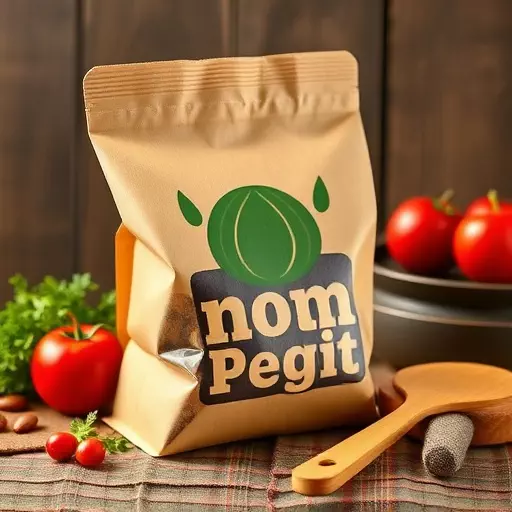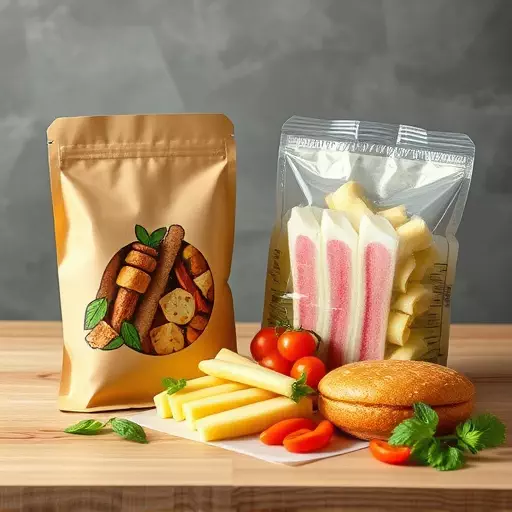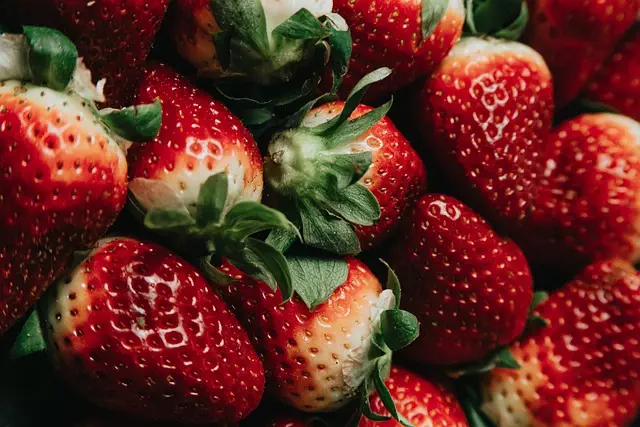Biodegradable food packaging is a game-changer in the industry, offering eco-friendly alternatives to traditional plastic waste. By employing plant-based polymers and mycelium films, these innovative solutions reduce pollution, provide customized protection for diverse food products, and align with brand identities and consumer trends. "Sustainable food packaging" options, such as biodegradable plastics and biopolymers, break down naturally, enhancing food safety and appealing to environmentally conscious consumers while providing businesses with a compelling, customizable solution that promotes their commitment to sustainability.
“Revolutionizing the food industry, biodegradable food packaging emerges as a sustainable food packaging solution, offering an eco-friendly alternative to traditional options. This article explores the multifaceted world of custom food packaging and its role in promoting environmental stewardship. We delve into the various food packaging solutions using biodegradable materials, their benefits for both the environment and food safety, and how they cater to evolving consumer preferences. Furthermore, it examines custom designs’ impact on waste reduction and brand identity while highlighting innovative printing technologies.”
- Understanding Biodegradable Food Packaging: Materials and Benefits
- – Definition and types of biodegradable materials used in food packaging
- – Advantages for the environment and food safety
Understanding Biodegradable Food Packaging: Materials and Benefits

Biodegradable food packaging is an innovative solution that’s transforming the way we think about waste and sustainability in the food industry. Traditional plastic packaging has long been a concern due to its non-biodegradable nature, contributing to environmental pollution. Biodegradable alternatives, however, offer a greener path by utilizing materials that can break down naturally without harming the ecosystem. These materials range from plant-based polymers like cornstarch and cellulose to mushroom-based mycelium films, each designed to replace conventional plastics in various food packaging applications.
The benefits of biodegradable food packaging are multifaceted. Firstly, they significantly reduce plastic waste ending up in landfills and oceans, mitigating environmental damage. Secondly, these packaging solutions can be customized to meet specific food product requirements, ensuring freshness and quality while aligning with brand aesthetics. Customizable designs cater to diverse consumer preferences and market trends, making sustainable food packaging an attractive option for both businesses and environmentally conscious consumers.
– Definition and types of biodegradable materials used in food packaging

Biodegradable materials in food packaging are a revolutionary step towards sustainable and eco-friendly practices. These materials, derived from renewable resources like plants, are designed to break down naturally over time, reducing environmental impact. Common types include biodegradable plastics, made from starches and cellulose, and biopolymers, which offer flexibility and strength while being compostable.
Custom food packaging plays a significant role here, allowing manufacturers to create unique, sustainable solutions tailored to specific product needs. From biodegradable film for fresh produce to mushroom-based trays for fragile items, these innovations not only protect foods but also ensure they reach consumers without leaving a harmful footprint.
– Advantages for the environment and food safety

Biodegradable food packaging offers a promising solution to the environmental impact of conventional packaging. By using materials derived from renewable sources like plants, these innovative food packaging options break down naturally over time, significantly reducing landfill waste and pollution. This shift towards sustainable food packaging not only minimizes ecological damage but also enhances food safety by eliminating the risk of toxic chemicals leaching into foods.
Custom food packaging made from biodegradable materials provides businesses with flexibility to meet diverse brand needs. From shape and size to design and printing, custom options ensure that each product is protected while reflecting its unique identity. This approach not only promotes a greener image for companies but also caters to consumers increasingly conscious of both the environmental footprint of their purchases and the safety of the food they consume.


